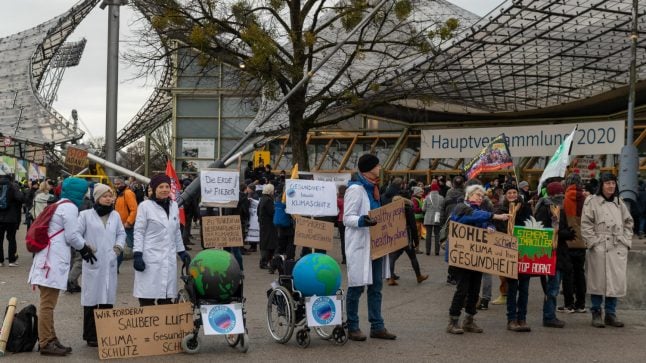"The managing board of Siemens has resolved to de-list the ordinary shares of Siemens from the London Stock Exchange (LSE) and from the Swiss Stock Exchange (SIX Swiss Exchange AG)," the company said in a statement.
"Recently, trading in Siemens shares has been effected primarily in Germany and via electronic trading platforms," the company said.
"The trading volume of the Siemens shares on the LSE and on the SIX is comparatively low."
In 2013, the trading volume in London was less than three percent, and the trading volume on SIX was less than one percent of the worldwide trading volume of Siemens shares.
Siemens already delisted from the New York Stock Exchange in mid-May.
So, "the delisting from the Swiss and London Stock Exchanges is the logical next step," said Ralf Thomas, the company's chief financial officer.
"The aim of the delistings reflects the change in investor behaviour." said chief financial officer Ralf Thomas.
The delisting from the LSE was expected to become effective early October 2014, while the SIX delisting would become effective in January 2015 at the earliest, Siemens said.



 Please whitelist us to continue reading.
Please whitelist us to continue reading.
Member comments